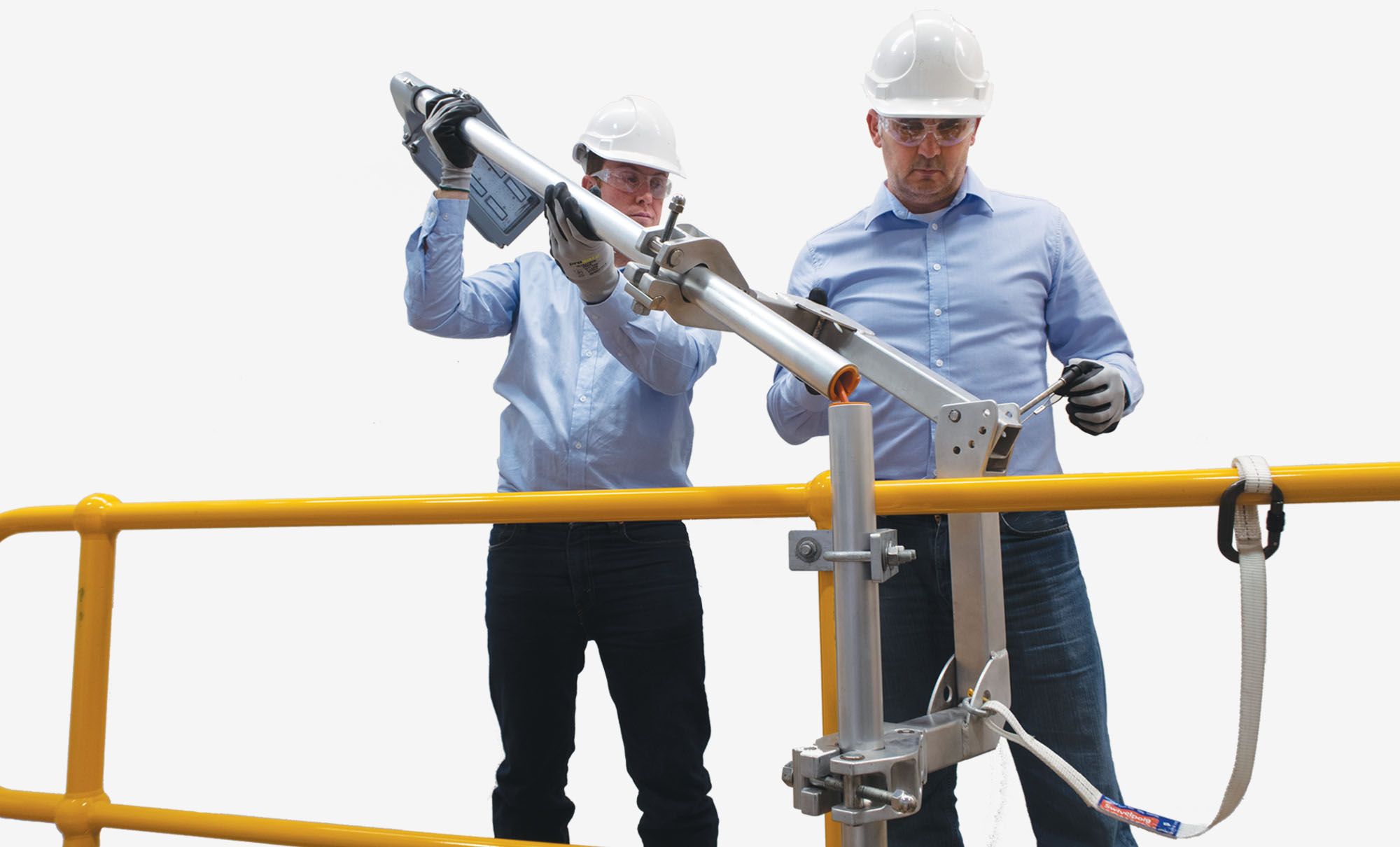Building and grounds preventive maintenance (PM) must be done to keep things running efficiently and safely. That’s true for a commercial building, factory, refinery, food processing plant, or industrial complex.
It is one of those necessary activities that doesn’t add directly to your profits but does affect them. Considered an operating expense, money spent on maintenance is a calculated cost.
Keeping costs low is important. But you must also keep equipment working to maintain a safe working environment. Pole-mounted lighting maintenance is one of those areas where you can proactively reduce expenditures.
Typical lighting PM costs are needlessly high
In a normal scenario, a group of fixtures is scheduled for preventive maintenance. This may include cleaning, minor repairs, and other servicing tasks. In many cases, equipment must be obtained or scheduled to raise workers to the level of the fixtures. This often includes scaffolding or motorized EWPs (elevated work platforms).
Assembling and setting the scaffolding in place requires several workers. It may also include cranes or forklifts to raise the scaffolding to the platform where the lighting is located. Each time workers finish working on a fixture, the scaffolding must be taken down, moved to the next location, and reassembled.
In the majority of cases, the time spent moving and assembling the scaffold is longer than the actual time spent doing the service work.
EWPs are necessary if the work to be done is located on stairwells. This requires a minimum of three workers and could entail more:
- One person doing the repairs
- One operating the EWP
- One or more directing foot and vehicle traffic around the worksite
If you own the equipment, you have several employees tied up, unable to perform other essential tasks. If hiring a contractor, you are paying for numerous workers sitting idle most of the time. Neither scenario is cost-effective.
But if a single worker can lower the fixture to platform level, you will avoid the unnecessary expense and lack of efficiency normal procedures cause.
Consider converting your poles during routine PMs
It is possible to upgrade your lighting poles during routine preventive maintenance procedures. When planning your work schedule, consider installing a pole lowering joint that allows workers to lower the fixtures to ground or platform level.
Using a pole conversion system that includes a clamping assembly and ratcheting pipe cutter, two workers can easily install the pole lowering joint. Not only is it faster than erecting a scaffold, but it is actually cheaper as well. While the pole is being converted, any necessary repairs or service can be done at the same time.
Watch how the conversion is done here >>
Future maintenance tasks are accomplished by a single worker, saving even more money and time. The Maxis™ joint lets the worker lower the fixture to platform level. Repairs and servicing are made quickly and safely at a comfortable height.
Efficiency and cost savings, right from the start
Even when planning service for a group or area of pole-mounted lights, installing pole lowering joints is both faster and less expensive than using traditional methods. There is also an additional benefit.
Because of the expense and labor needed for scaffolding or EWPs, group or area preventive maintenance is basically the only option available. But with Maxis™ joints installed, spot repairs or servicing are possible. It’s a cost-effective means of keeping all your lights on … all the time.
Find out what the Maxis™ lowering pole solution can do to control your lighting maintenance costs.
The Swivelpole™ lowering pole solution is recognised globally for providing simple, fast and affordable access to light fixtures and equipment. The innovative access solutions eliminate the risk of working at heights, through the controlled lowering of light fixtures and equipment to a safe and comfortable working position.
Maxis™ is the next generation lowering pole solution for safely accessing light fixtures and equipment.
